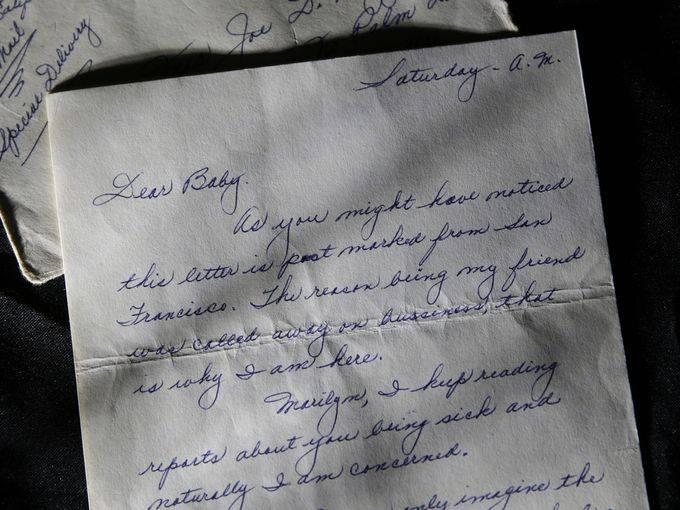Simple, honest acting found in ‘Love Letters
These students love writing and receiving handwritten mail.
November 25, 2014
A.R. Gurney’s “Love Letters” may have been robbed of the Pulitzer Prize for Drama in 1988, but it is winning the hearts of Broadway audiences in its current run at the Brooks Atkinson Theatre. The play is successful because of its simplicity — its narrative is made up of letters exchanged between a pair of friends and lovers over 50 years.
Upon entering the theater, audience members are greeted by a bare stage with exposed brick walls, a wooden table, two chairs, a ghost light and a low-hanging light grid — an unexpected yet welcome change from the bright spotlights of a flashy Broadway show. Actors Candice Bergen and Alan Alda, playing Melissa Gardner and Andrew Makepeace Ladd III respectively, sit at the table reading from their scripts throughout the play, effectively dispelling all sense of theatrical illusion. Instead, the actors and the audience are simply present in a theater at the same time.
Pieced together, the letters convey a half-century of life, love and loss. These brilliantly written letters paint Melissa and Andrew’s realities for the audience. Even though there is little sensory stimulation by way of set or sound, the world of the play is firmly established. The play does not pander to audiences by telling them exactly what to see in its richly written world. Gurney’s writing transcends the function of communication merely in conversation. In doing so, it creates a world within the audience’s imaginations instead of actually showing it to them.
Bergen and Alda — who will be cycled out for other big-name actors after Dec. 5 — are notable for their honesty. They use the text to tell the story without adding cloying or sentimental cues to indicate what they were feeling. Because of their clarity and simplicity, the pauses in the text, which occur when Melissa and Andrew lose contact, are palpable. The strength of the text and the actors’ refusal to complicate it place the audience in the actors’ hands.
After receiving a particularly nauseating Christmas letter from Andrew, Melissa scathingly threatens to moon Andrew’s family. At this moment, the audience erupts into thunderous applause and giddy laughter, yet there is no visual or sonic spectacle at all in the moment. It is just two people reading and connecting. Of course, this is but one example of the play’s power. It is moments like these that make the play so attention-grabbing.
As a result, “Love Letters” is a refreshing experience that leaves audiences reflecting on their own lives. As the play proves, there is still hope for genuine human communication.
A version of this article appeared in the Tuesday, Nov. 25 print edition. Email Kelly at [email protected].























































































































































